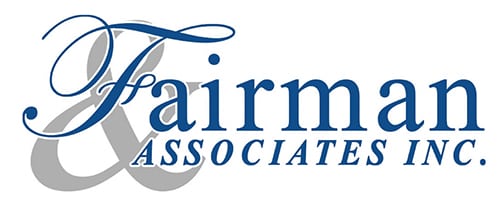Has it happened to you? You go to an appointment at an office or a doctor’s office and there’s no space available? But there are open spots that say “Reserved” or Doctors Only” on them? These are called reserved parking spots.
Why does this happen?
To understand reserved parking versus general parking – and how these spaces are assigned – it’s important to know that this is a local zoning issue. Parking space requirements for a commercial property differ from county to county, city to city, and property to property based on the zoning and development agreement for the specific area.
Typically, the number of required parking spaces for a commercial property is based on a ratio of “usage” per-square-foot of space. This usage varies by the type of business. For example, a restaurant will need more parking (per-square-foot) than an office or a medical center because more patrons are coming and going during busy hours.
Each city and county has complex usage grids, outlining these parking requirements and calculations. Additional considerations include ADA Handicap parking spaces needed for the size of the building and type of usage.
Circling back to the question above, about reserved parking, the number of reserved spaces has to do with the overall number of required spaces. Typically, spaces can only be reserved if they are above and beyond the number of required spaces for the property. For example: if a property is required to have 105 spaces, based on the calculations described above, and it has 115 parking spaces, it can label the additional 10 spaces as reserved.
Another way properties obtain reserved spaces is through special permission during the development stages. For example, each unit in an office building may be given one assigned parking spot per unit in the building, or a medical building may assign reserved parking spaces for its doctors.
What happens when someone parks in a reserved spot who shouldn’t be there?
Can the police be called? The answer is no. The building manager is the only person who can resolve the issue. Since the lot is on private property, the police cannot address this type of parking issue. Instead, building management can ask the person to move his/her vehicle or have the vehicle towed. The course of action management will take depends on the situation.
Ultimately, the best way to ensure everyone in the building (or on the property) is happy is to encourage each business to respect everyone else’s needs, encouraging its employees and visitors to park in front its own location or in the outlying parking areas.
To learn more, visit the Palm Beach County parking spaces guidelines here.
About the Author

Jim O'Brien
Jim O'Brien, a Licensed Community Association Manager, joined Fairman & Associates, Inc. as a Property Manager in 2014. He has a BS in Management and his past professional experience management includes: wastewater treatment systems construction; blood plasma collection facility management; and industrial linen/laundry facility management. Currently he oversees several property owner master associations along with several commercial multi-tenant office buildings.


How much would it cost to install an entrance and exit gate to our 5258 Linton property that would require credit car payment if the tickets were not validated at the patients’ appointments?
Thanks Nathalie. We will have your property manager touch base with you.